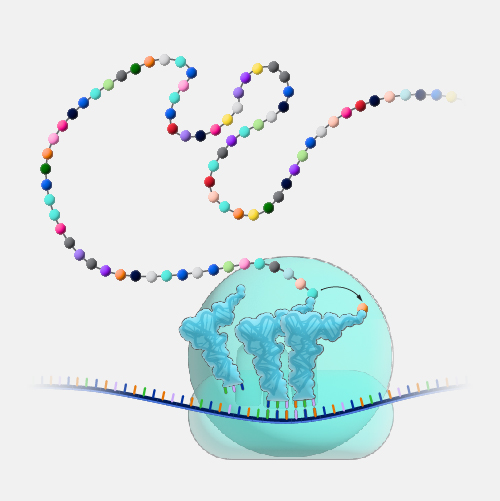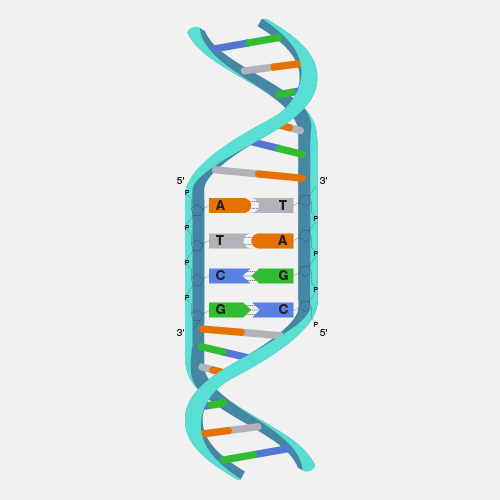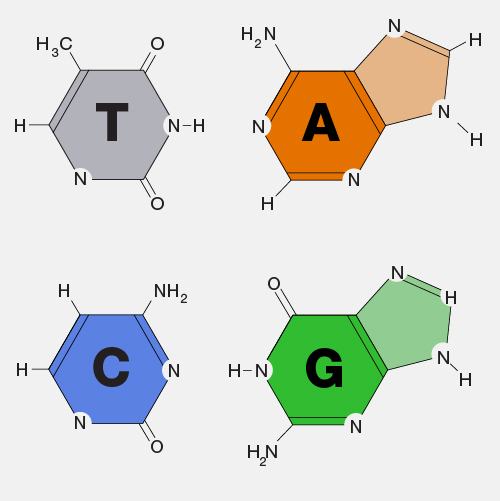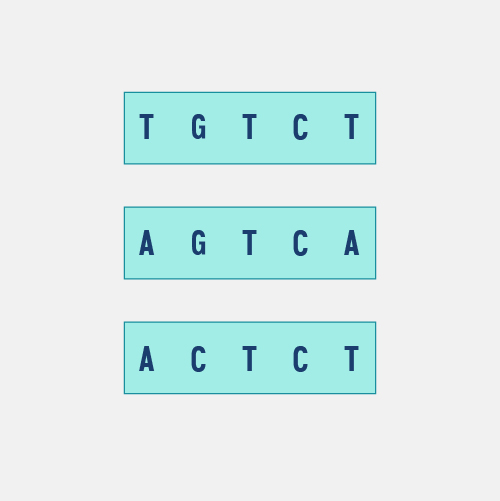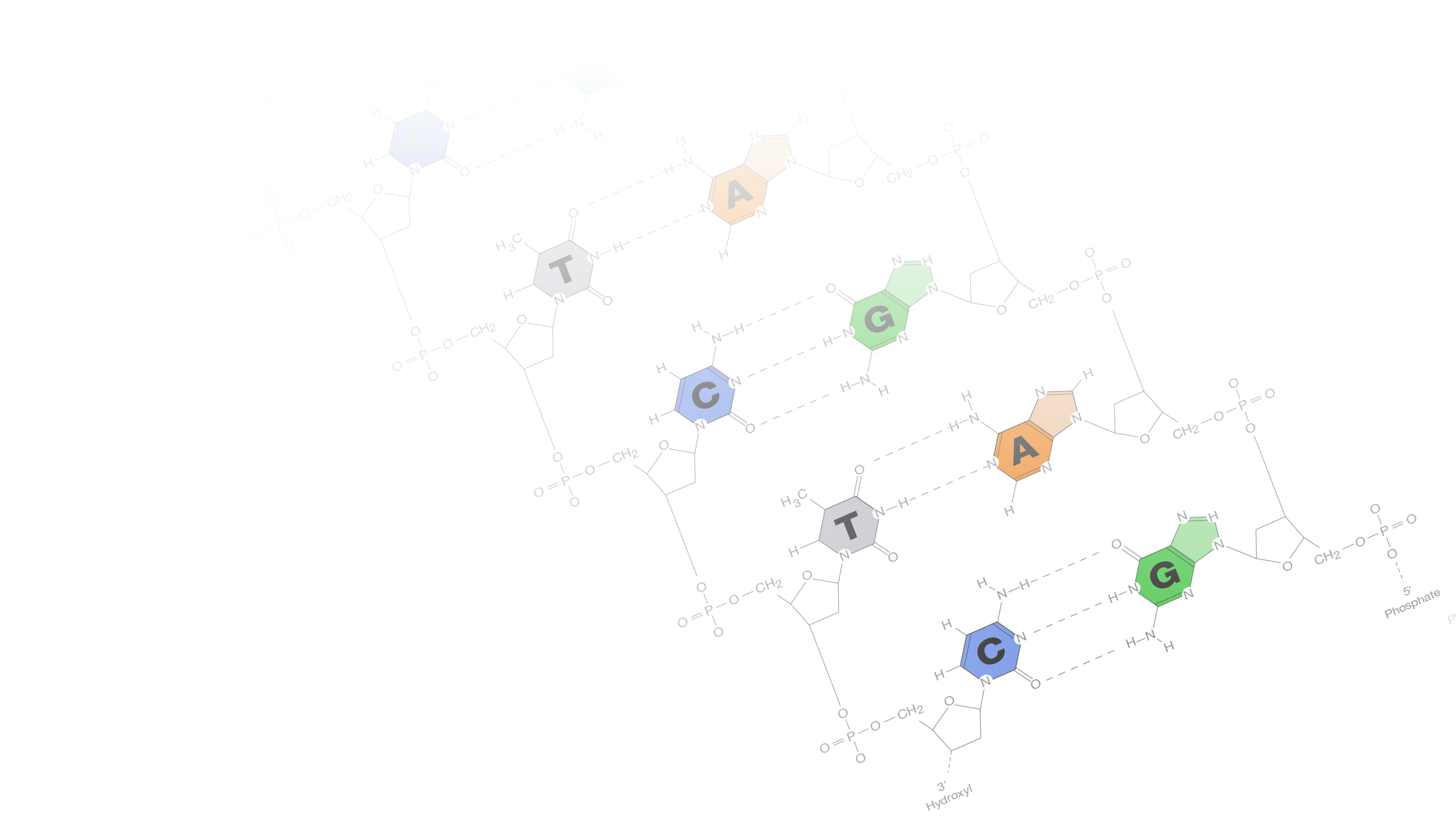
Pharmacogenomics
Definition
Pharmacogenomics (also called pharmacogenetics) is a component of genomic medicine that involves using a patient’s genomic information to tailor the selection of drugs used in their medical management. In this way, pharmacogenomics aims to provide a more individualized (or precise) approach to the use of available medication in treating patients.
Narration
Pharmacogenomics. Doctors and patients all know that people can react to the same drug in very different ways. A drug that may be very effective in most people who take it may be totally ineffective in others or can even cause very bad reactions or death. So drug treatment is not, and really has never been, one-size-fits-all. Many things can affect the way people react to drugs, such as other drugs they may be taking or other health conditions they may have. But genetic differences measured by pharmacogenetic tests can also predict with very high accuracy, whether certain drugs will be harmful, helpful, or without effect in a specific patient. For a growing number of drugs, this information can help doctors to select the right drug at the right dose, at the right time, targeted specifically to the makeup in it of an individual patient.


